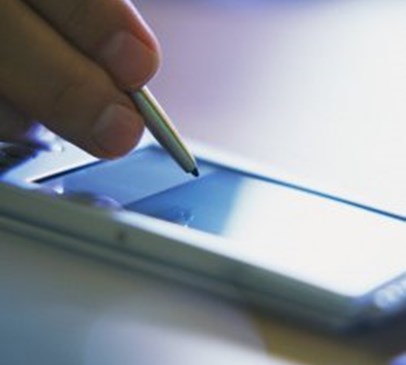An American study has revealed the benefits of using personal digital assistants (PDAs) in brain injury rehabilitation programmes. The study, published in the January issue of the journal Brain Injury, is the first to use behavioural self-rating scales to measure the effect of off-the-shelf PDAs.
Behavioural memory deficit is one of the most common problems following acquired brain injury. It impacts upon the daily activities most people take for granted, such as remembering to take medication, planning and organising schedules, keeping appointments and dealing with distractions. Previous studies into portable electronic aids have used specially devised memory software and combined the intervention with carer support, whereas the current study used unmodified devices and relied entirely on self-motivation among participants.
Gentry et al. recruited 23 community-dwelling individuals at least one year post-severe TBI. The participants all had difficulties performing everyday tasks due to behavioural memory problems. They were trained to use the devices by an occupational therapist and then asked to use them for an eight week period. The participants were assessed, before and after training, on occupational performance and satisfaction with performance, as measured on the Canadian Occupational Performance Measure (COPM); and also their participation in everyday life tasks as measured on the Craig Handicap Assessment and Rating Technique-Revised (CHART-R).
The results showed significant improvement among participants on both measurement scales. Also, the improvement was achieved at least one year after severe TBI, when spontaneous recovery is generally considered to have ended. This provides interesting evidence that, in individuals who are considered beyond the point where natural recovery can occur, training to self-administer a PDA programme is beneficial.
Reference
Gentry et al. (2008). Personal digital assistants as cognitive aids for individuals with severe traumatic brain injury: A community-based trial. Brain Injury, 22(1), 19-24.
Back









